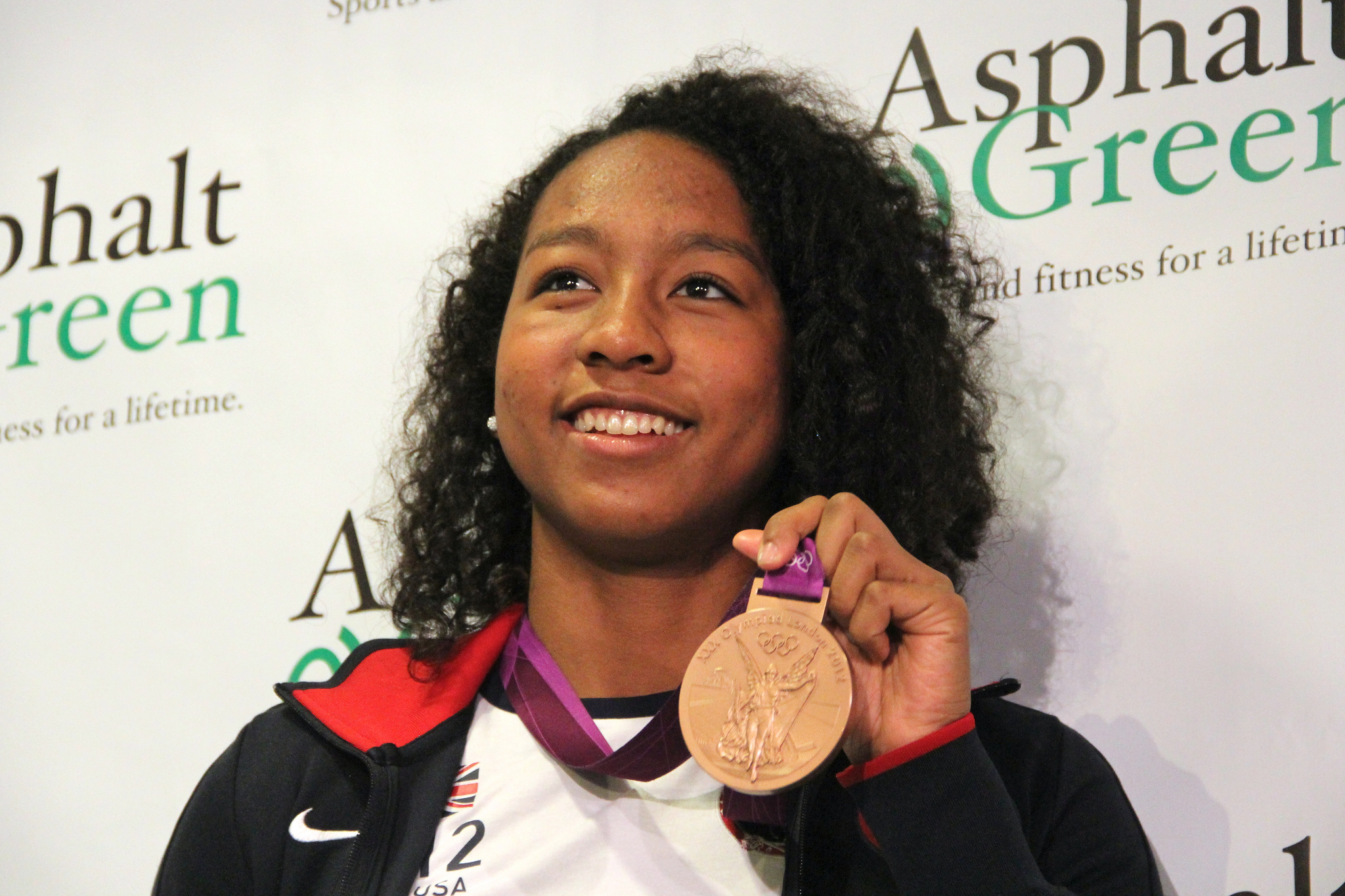Abortion rights, women of color, and LGBTQI+ people are under attack. Pledge to join us in fighting for gender justice.
New NWLC Resource Makes the Case for Preserving Gender-Conscious Programs on College Campuses

The COVID-19 pandemic has exacerbated gender inequities in various arenas:
- Women, particularly Black and Latina women, are leaving the workforce at devasting and unprecedented rates.
- At a time where women hold two–thirds of student debt, the President and Senate Republicans have walked away from stimulus package negotiations that could provide any semblance of relief to student borrowers who are under- or unemployed.
- Campus closures forced many trans students to return to unsafe and unsupportive home environments.
As if this weren’t enough, anti-feminist extremists are attacking the very programs designed to remedy gender inequities in higher education.
Through dozens of administrative complaints, these groups are challenging gender–specific scholarships, programs designed to increase women’s engagement in science, technology, engineering, and mathematics (STEM) fields, and even women’s studies courses. Yes, you read that right. Women’s studies courses that educate students of all genders about women’s contributions to social thought are under attack.
It is critical we understand when these programs are permissible so that we can continue to use every tool at our disposal to fight for gender justice.
To help with this fight, the National Women’s Law Center created Making the Case: Gender-Conscious Programs in Higher Education. This resource explains why we still need gender–conscious programs and how those in higher education can make these programs legally sound to counter anti-feminist attacks.
Among other things, the report explains how Title IX permits policies that are designed to increase women’s participation in fields where they are underrepresented. Similarly, women-specific scholarships are permissible so long as recipients qualify for the financial assistance based on non-gendered criteria and that qualifying male students can seek funding from a different source. The resource also provides strategies to ensure such programs are trans-inclusive and consider the needs and experiences of gender non-conforming and non-binary students.
If you are a Title IX coordinator looking to preserve your school’s gender-specific programs and scholarships, this resource is for you.
If you are a Women and Gender Studies student looking to preserve your courses, this resource is for you.
If you want to advocate for gender justice at your school, this resource is for you.
I always found it deeply hurtful to hear students on predominately white college campus say that my race or my gender was what got me into college. That is a common discourse about Black and female students and one that fueled complaints against the affirmative action program at the University of Texas-Austin a few years ago. Not only is that narrative harmful, it is inaccurate. We know race and sex-based stereotypes contribute to the underrepresentation of Black girls in STEM and other high-paying fields. These inequities are not mere coincidences. They are the result of a long history of gender and race-based discrimination that sought to deny women and people of color access to quality education.
Ignoring these inequities will not make them go away. Gender-conscious programs acknowledge the impact these historical inequities have on current educational opportunities and provide us with the tools to level the playing field. We hope Making the Case will serve as a resource for advocates dedicated to promoting diversity in higher education.





